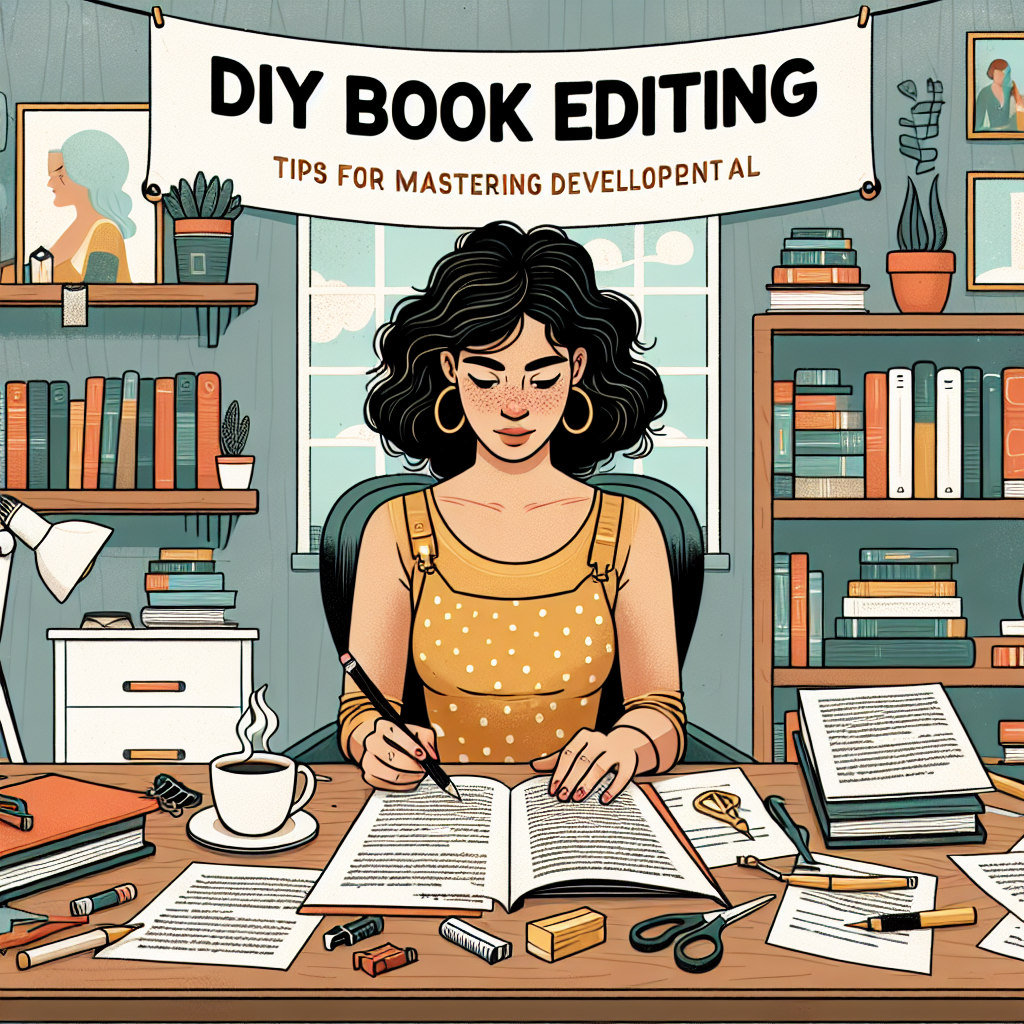Mastering Developmental Editing: DIY Tips
Developing your own editing skills can be a daunting task. However, if you take the time to learn and practice, you can transform your writing.
Understanding the Basics
Developmental editing is the process of shaping the structure and content of a manuscript. This involves analyzing the overall narrative flow, character development, and plot consistency. By mastering these skills, you can enhance the quality of your writing.
Starting with a Strong Foundation
Before you begin the editing process, it’s important to have a clear understanding of your goals. Determine what you want to achieve with your manuscript and make a plan to guide your editing process.
One key aspect of developmental editing is identifying areas where your manuscript may be weak. This could include inconsistencies in character development or plot holes that need to be addressed.
Breaking Down the Manuscript
When editing your manuscript, it’s essential to break it down into smaller sections. This will help you focus on one aspect of the story at a time and prevent you from feeling overwhelmed.
As you analyze each section, ask yourself if the characters are well-developed and if the plot is moving forward in a cohesive manner. Look for areas where you can tighten the narrative and improve the overall flow of the story.
Engaging in the Revision Process
Revision is a crucial part of the editing process. It involves making changes to your manuscript based on your developmental edits. This could include rewriting entire sections, adding new scenes, or cutting unnecessary dialogue.
Seeking Feedback
One effective way to improve your editing skills is to seek feedback from others. This could be from beta readers, writing groups, or professional editors. Take their feedback into consideration and use it to further refine your manuscript.
Utilizing Resources
There are a variety of resources available to help you master developmental editing. Online courses, books, and workshops can provide valuable insight into the editing process. Additionally, tools such as Editmojo can help streamline your editing workflow.
By consistently practicing and refining your editing skills, you can take your writing to the next level. Don’t be afraid to experiment and make mistakes – it’s all part of the learning process. With dedication and perseverance, you can become a master of developmental editing.
Remember, every writer starts somewhere. Keep pushing yourself to improve and you’ll see the results in your writing. Good luck on your editing journey!
For more tips on DIY book editing, visit Editmojo.
